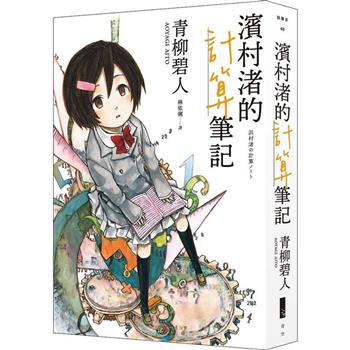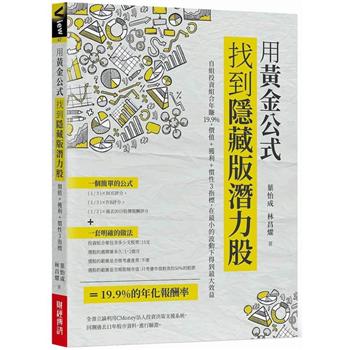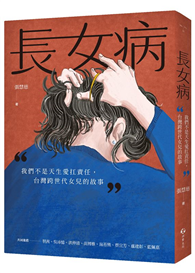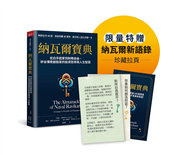This important new book introduces and discusses the underpinning of psychodynamic psychotherapy for torture survivors in a clinical setting and incorporates concepts from analytical psychology and other theoretical bases in order to provide readers with a deeper understanding of this complex trauma.
Using the concepts of analytical psychology, relational psychoanalysis, and neuroscience, and relying on the theoretical basis of her book Torture, Psychoanalysis and Human Rights (Routledge, 2017), Luci focuses on three key clinical cases and illustrates the therapeutic paths that the therapeutic dyad explore and experiences in order to get out of the patient’s inner prison created or aggravated by the experience of torture. The book discusses the role of the therapist when working with torture survivors, the requirement of a slow and cautious approach when dealing with such trauma, and the importance of a careful and respectful consideration of issues of identity, politics, and culture.
Featuring a useful guide, this book will be of great interest to mental health professionals, psychotherapists and students practicing in services that provide assistance to torture and war trauma survivors.












